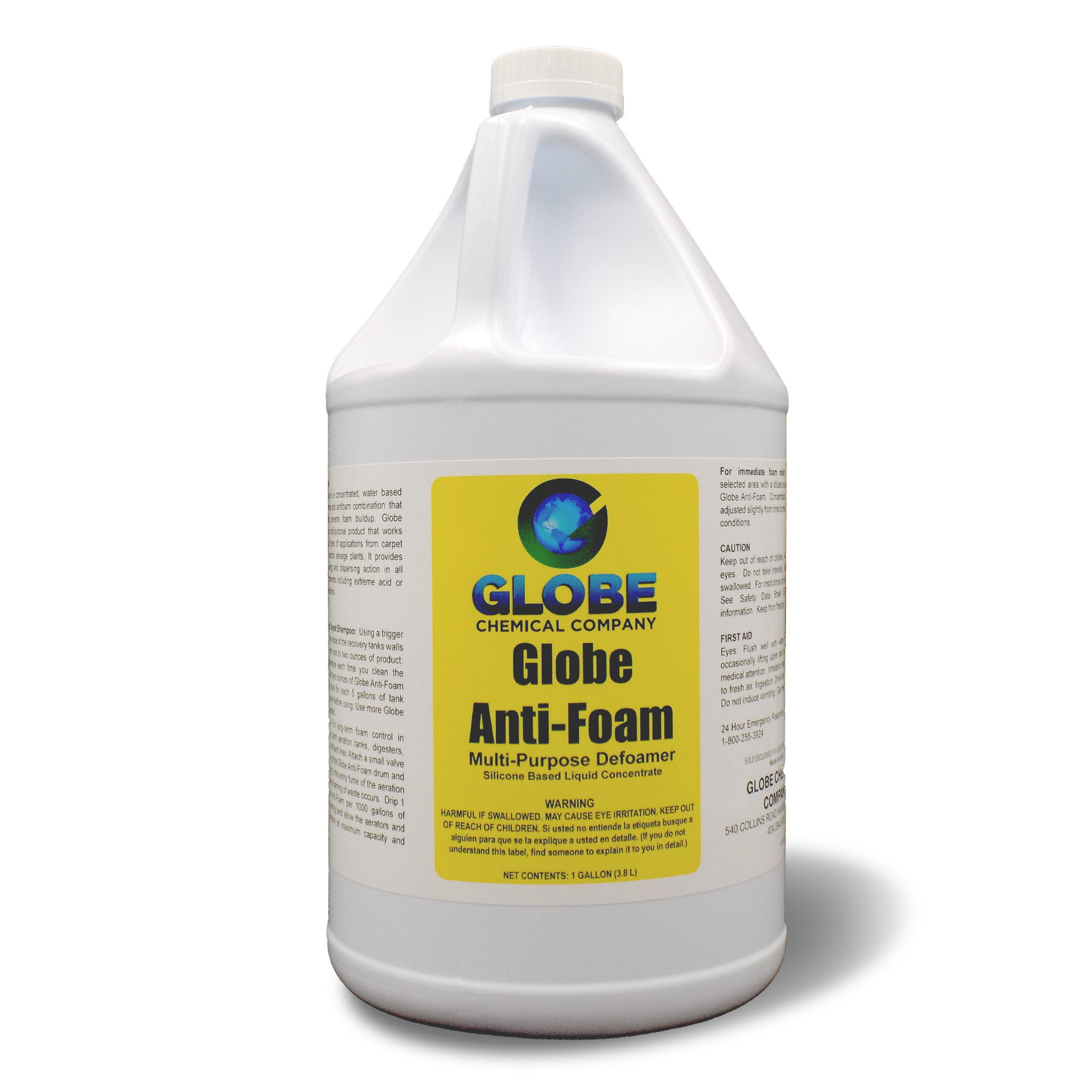Discover the Leading Factors You Required a Chemical Defoamer for Effective Foam Control
Chemical defoamers serve as essential agents that mitigate foam development, therefore boosting processes in industries such as food production, pharmaceuticals, and wastewater treatment. As we check out the multifaceted benefits of chemical defoamers, it ends up being noticeable that their role prolongs past simple foam decrease, affecting total productivity in methods that might not be instantly noticeable.
Improved Functional Efficiency
The existence of foam can hinder manufacturing by obstructing tools, decreasing capacity, and making complex process control. By minimizing surface area stress, they facilitate the quick collapse of foam, allowing for smoother procedure and lessening downtime.
In markets such as food and drink, pharmaceuticals, and wastewater therapy, the application of defoamers boosts process security and item quality. In fermentation procedures, controlling foam generation is essential for taking full advantage of return and effectiveness. Additionally, using defoamers can bring about much more reliable mixing and aeration, causing enhanced reaction times and total performance.
Moreover, when foam is properly managed, it minimizes the risk of overflow and contamination, guaranteeing compliance with security and top quality criteria. This not only enhances procedures but also permits for better source utilization. Ultimately, the combination of chemical defoamers right into industrial processes promotes a much more efficient operations, optimizing output while maintaining premium criteria. Hence, their role in enhancing functional effectiveness can not be overstated.
Expense Cost Savings and Resource Management

In numerous applications, too much foam can create overuse of chemicals, leading to unneeded expenditures. By controlling foam degrees, businesses can enhance their chemical input, therefore reducing functional expenses.
In addition, minimized foam in processing systems can improve the total throughput, allowing facilities to enhance production capacity without incurring added expenses - Chemical Defoamer. This reliable resource monitoring equates right into considerable financial advantages, enabling businesses to designate funds toward technology or expansion. In recap, the assimilation of chemical defoamers right into commercial processes fosters an extra economical and resource-efficient setting, inevitably supporting organizational development and sustainability
Improved Item High Quality

Making use of chemical defoamers plays an essential role in improving item quality across different markets. Excessive foam can lead to inconsistent product solutions, impacting the last attributes of goods such as paints, layers, food, and pharmaceuticals. By minimizing foam formation, chemical defoamers facilitate smoother production processes, guaranteeing that formulations stay consistent and satisfy specified high quality standards.
In the food and drink sector, for example, the presence of foam can impact the quality and preference of items, ultimately affecting customer complete satisfaction. Chemical defoamers aid maintain the wanted texture and look, therefore improving the overall quality of the last product. In the production of coatings and paints, foam can lead to flaws such as pinholes and inadequate attachment, threatening the product's performance.
Moreover, using defoamers can boost the efficiency of procedures like fermentation and emulsification, which are critical for achieving wanted item characteristics. By enhancing manufacturing and ensuring consistent top quality, chemical defoamers not only improve completion product yet also contribute to a favorable brand online reputation. Therefore, purchasing effective foam control remedies is necessary for any service aiming click here to find out more to supply top notch products regularly.
Devices Security and Longevity
Lessening foam manufacturing is important for protecting devices and ensuring its long life in numerous commercial applications. Too much foam can cause a variety of operational issues, including tools damages, boosted upkeep expenses, and unplanned downtime. When foam collects, it can create overflow, bring about spills that jeopardize the stability of machinery and bordering locations.
Moreover, foam can block pumps and sensors, which can prevent efficiency and effectiveness. In serious situations, it can lead to the malfunction of elements, requiring pricey repair work or substitutes. By using a chemical defoamer, companies can successfully mitigate foam formation, therefore safeguarding their devices from the harmful impacts of foam-related concerns.
In addition to avoiding damage, reliable foam control can considerably boost the functional lifespan of equipment. Investing in a high quality chemical defoamer is a proactive method for securing equipment and cultivating long life in industrial settings.
Convenience Throughout Industries
Chemical defoamers play an important role in numerous sectors, properly addressing foam-related challenges across varied applications. Their convenience is evident in industries such as food and drink, pharmaceuticals, and wastewater treatment, where foam can decrease and my latest blog post restrain processes effectiveness. In the food sector, defoamers ensure smooth production by protecting against foam formation during mixing, fermentation, and bottling, thereby maintaining product high quality and uniformity.

Moreover, in wastewater treatment facilities, chemical defoamers are employed to regulate foam throughout the oygenation process, advertising optimal microbial task and enhancing the general treatment efficiency. Their ability to work effectively in high-temperature and high-shear environments additionally highlights their adaptability.
Conclusion
Finally, the use of chemical defoamers is vital for reliable foam control throughout various markets. Their capability to enhance operational effectiveness, generate considerable price savings, improve item next page high quality, and protect tools emphasizes their crucial duty in industrial processes. Furthermore, the flexibility of defoamers enables prevalent application in food manufacturing, drugs, and wastewater treatment, ultimately adding to sustainable development and the upkeep of high operational criteria. The integration of defoamers is essential for maximizing total performance.
Chemical defoamers serve as important representatives that mitigate foam formation, thus enhancing procedures in markets such as food manufacturing, drugs, and wastewater therapy. As we discover the complex advantages of chemical defoamers, it comes to be noticeable that their role extends beyond mere foam reduction, affecting total efficiency in methods that might not be promptly noticeable.
By mitigating foam formation, chemical defoamers promote smoother manufacturing processes, making certain that formulations remain uniform and meet given quality standards.
By making use of a chemical defoamer, companies can effectively mitigate foam development, hence guarding their devices from the harmful results of foam-related issues.
In verdict, the application of chemical defoamers is necessary for efficient foam control across different sectors.